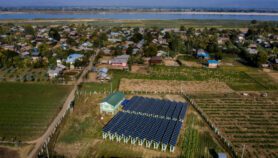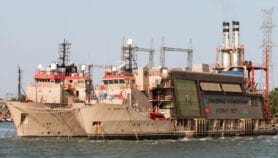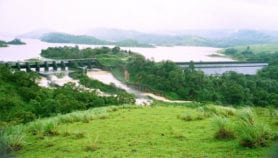By: Jalil Roshandel
Send to a friend
The details you provide on this page will not be used to send unsolicited email, and will not be sold to a 3rd party. See privacy policy.
In this article in the Middle East Times, Jalil Roshandel examines the reasons behind the fresh wave of nuclear development in the Middle East.
He says the region’s nuclear programmes are partly fuelled by concerns about future energy supplies. Saudi Arabia has already asked Russia to help it acquire nuclear energy.
Other countries, such as Egypt and Iran, say they want a nuclear-free Middle East, but neither will halt their nuclear development programmes.
This, in addition to other countries’ active nuclear programmes, results in a ‘domino effect’ ― where states feel the need to remain competitive by keeping up with nuclear technology.
Iran has reportedly offered to help Turkey produce nuclear energy, and other countries — including Bahrain, Kuwait, Oman, Qatar, Saudi Arabia and the United Arab Emirates — have discussed plans for a joint civil nuclear programme.
Intentions across the region are, for the moment, peaceful. But the decision to go nuclear could prove disastrous if countries start to consider military options, says Roshandel.













